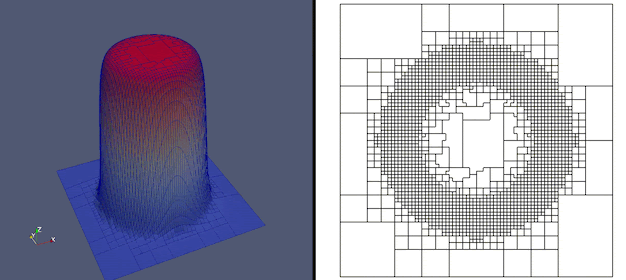Oliver Sutton
Researcher in Machine Learning
with a background in Applied Mathematics
King's College London
UK
oliver.sutton [at] kcl.ac.uk
I am a researcher currently working in the field of Machine Learning and Artificial Intelligence. I have a PhD in numerical analysis, the field of applied mathematics concerned with theoretical insights into the fundamental properties of the algorithms and methods of the computational sciences.
I am deeply interested in the theoretical and practical aspects of learning algorithms and AI systems. These present the potential to up-end the world as we know it — either for good or for bad — and it is vital that we understand how these algorithms make their decisions, how their worst risks can be mitigated, and how they can be harnessed for positive impact on the world.
I am particularly interested in the following areas of research:
- Understanding adversarial attacks, stealth attacks, and other (in)stabilities of AI systems
- When and how it is possible to learn from few examples
- How the quirks of high dimensional geometry help and hinder learning machines
- Designing numerical algorithms for simulating Biological and Physical phenomena
- Exploring flexible new numerical algorithms based on meshes of general polygonal or polyhedral elements or exotic discrete function spaces
- Unleashing adaptive numerical methods, which automatically modify their fundamental components in response to local indicators of the quality of the simulation
For a more detailed look at some of my research, see my research highlights and list of publications, or get in touch!

Exposing the danger of stealth attacks on large language models
Our NeurIPS 2024 paper reveals that modern large language models are susceptible to 'stealth attacks'. An attacker (left) can carefully change the weights of just one neuron to directly specify the model's output to their chosen prompt, without causing other changes to the model's behaviour. Would you trust a shared model to run code on your system? See my research highlights page for further details.

A new pattern-forming mechanism we recently discovered in a biological competition system
A snapshot of a similar simulation from this research project was featured on the front cover of the May 2018 issue of Proceedings of the Royal Society A. See my research highlights page for further details.

An adaptive polygonal mesh tracking a time-dependent layer
A key aim of adaptive meshing is to tracking time-dependent features of the solution which are not known beforehand. In this experiment, a mesh consisting of arbitrary polygonal elements is used to focus the mesh resolution around the layers, where it is needed. See my research highlights page for further details.